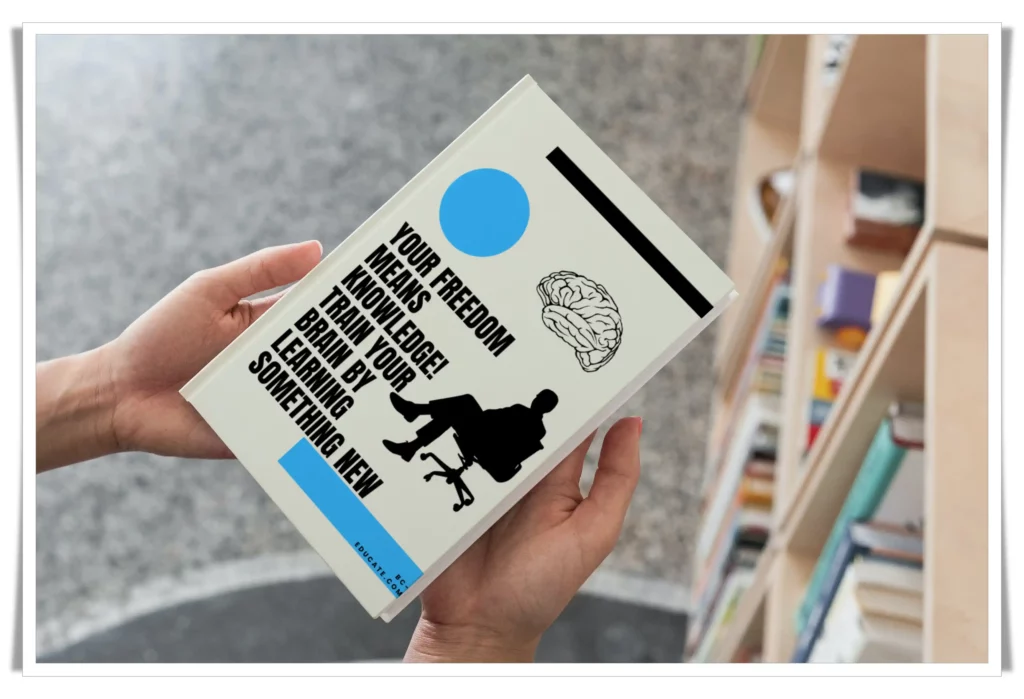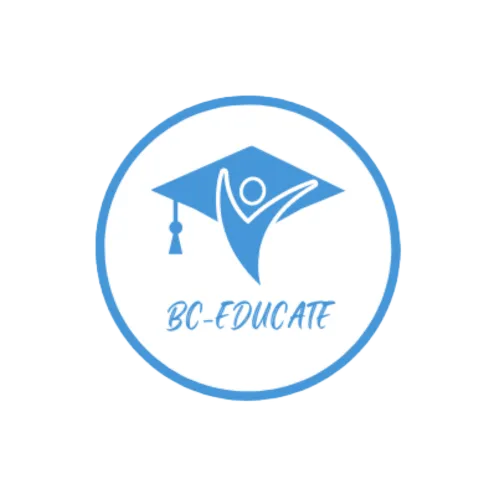Are you ready to unlock the full potential of your mind and explore the horizon of human understanding? In this interconnected, ever-evolving world, the pursuit of knowledge and continuous learning has become a fundamental necessity. Your freedom means knowledge, and with knowledge comes immeasurable power - the power to grow, the power to achieve, and the power to change the world. So, let's train your brain by learning something new today!
Empower Your Health Journey – Explore My Free Apps for a Vibrant, Healthier Lifestyle Today!
As we navigate through the intricacies of the 21st century, we realize that our freedom indeed means knowledge. This article will delve into the importance of continuous learning, offer strategies to optimize your learning process, and help you understand how to surmount the roadblocks that often prevent us from expanding our intellectual horizons.
Part 1: Why Continuous Learning is the Cornerstone of Personal Growth
The freedom to acquire new skills, explore novel ideas, and deepen our understanding of the world around us is a privilege we ought to cherish. By committing to continuous learning, we enrich our lives, open doors to endless opportunities, and reach our fullest potential.

The Impact of Knowledge
In the fast-paced global society we live in, knowledge is power. The impact of continuous learning is multifold: it enhances our cognitive abilities, shields against cognitive decline as we age, refines our problem-solving skills, and potentially leads to better professional prospects.
One pivotal study titled "The Lifelong Effects of Early Self-Control: Evidence from Two Birth Cohorts" emphasises the importance of learning and discipline from a young age. The study demonstrated that children with better self-control (which includes the capacity to concentrate and learn) led healthier and more successful lives as adults.
Summary of the Study: This extensive research, conducted over several decades, tracked 1,000 individuals from birth until adulthood. It uncovered a direct correlation between self-control, including learning abilities, in early childhood and successful, healthier lives in adulthood. These individuals exhibited superior performance in academic and professional spheres, lower susceptibility to health complications, and a decreased likelihood of engaging in criminal activities.

Transforming Excuses into Opportunities
Often, we place barriers in our own path to learning. Recognizing and conquering these self-imposed limitations is essential to unlocking our potential and progressing on our learning journey.
Strategies for Lifelong Learning
Set Clear Learning Goals
It's essential to know what you want to learn and why. Establishing clear goals provides a sense of purpose and direction, motivating you to stay on track.
Foster a Growth Mindset
Understand that intelligence and skills can be developed. Be persistent and stay open-minded. If you believe you can learn, you're already halfway there.
Apply Your Knowledge
The value of learning is realized when you can put it into action. Make sure to apply the new concepts you learn to practical situations.
Continuous Self-Assessment
Take time to regularly review and assess your progress. This can help you identify areas for improvement and keep you motivated.
Utilise Available Resources
With the internet at our fingertips, countless resources are available to help us learn. Make the most of online courses, webinars, podcasts, and articles to assist in your learning journey.
Part 2: Encouraging Lifelong Learning
Now that we've discussed the 'why' and 'how' of continuous learning, let's delve into the practical aspect. Here, we will discuss how to inspire a culture of lifelong learning, both in personal and professional spheres.
Developing a Learning Environment at Home
Introducing a learning culture at home is a fantastic way to promote continuous learning. It encourages intellectual curiosity, and cognitive development, and fosters a lifelong love for learning.
Promoting a Learning Culture in the Workplace
In the professional realm, continuous learning is indispensable. As industries rapidly evolve, employees need to stay updated to keep up with the changes. Encouraging a learning culture at work not only improves job performance but also enhances employee satisfaction and retention.
Here's a table that aligns with the context of the blog post, providing a side-by-side comparison of common self-imposed barriers to learning and strategies to overcome them.
| Self-Imposed Barriers to Learning | Strategies to Overcome Barriers |
|---|---|
| Perceived lack of time | Reorganise daily routine to allocate time for learning. |
| Fear of the complexity of the subject | Break down complex topics into manageable segments. |
| Doubt about the ability to learn | Adopt a growth mindset and employ effective learning strategies. |
| Lack of motivation | Set clear learning goals and identify personal incentives for achieving them. |
| Procrastination | Develop a regular learning schedule and stick to it. |
| Fear of failure | View failure as a learning opportunity rather than a setback. |
Part 3: FAQs
As we navigate this path of knowledge, numerous questions may arise. Here are a few commonly asked queries and their responses:
Q: Why is continuous learning important?
A: Continuous learning keeps our minds active, sharpens our skills, introduces new ideas, and opens up infinite opportunities.
Q: How can I effectively learn something new?
A: You can optimize your learning process by setting clear goals, adopting a growth mindset, applying what you learn, regularly assessing your progress, and making use of the plethora of available resources.
Q: What are the common barriers to learning?
A: The main barriers to learning are often self-imposed limitations and excuses. Overcoming these can pave the way to a richer learning experience.
Q: How does learning impact our lives?
A: Learning influences our lives significantly. As demonstrated in the study mentioned above, learning abilities in early life correlate with successful and healthier lives in adulthood.
Part 4: Delving Deeper
For those interested in digging deeper into the topic, here are a few well-researched sources:
| Title | Source |
|---|---|
| "The Lifelong Effects of Early Self-Control: Evidence from Two Birth Cohorts" | NCBI |
| "Grit: Perseverance and Passion for Long-Term Goals" | University of Pennsylvania |
| "The Impact of Exercise on the Cognitive Functioning of Healthy Older Adults: A Systematic Review and Meta-Analysis" | Age and Ageing |
| "The Future of Jobs Report 2020" | World Economic Forum |
In Conclusion
Our freedom means knowledge, and that knowledge has the power to transform our lives. So let's commit to lifelong learning and growth. The quest for knowledge never ends. There's always something new to learn, and with every bit of new knowledge, we become better, more empathetic, and more informed global citizens.
We invite you to check out our article on "Why We Get Stitches When Running and How to Avoid Them" and our YouTube video, "The Best Healthy Foods To Help Brain Fight Aging."
We'd love to hear about your learning journey. Do you have a unique learning experience to share? How has continuous learning influenced your life? Please leave a comment below.
Remember, the pursuit of knowledge never ceases. Your freedom means knowledge, and it's time you exercise that freedom. Train your brain, learn something new, and make each day a stepping stone toward a better future.





Pretty! This has been a really wonderful post. Many thanks for providing these details.
Wow, awesome weblog structure! How lengthy have you been blogging for?
you make running a blog glance easy. The full glance of your site
is fantastic, let alone the content material! You can see similar:
ecommerce and here sklep internetowy
Touche. Solid arguments. Keep up the good work. I saw similar here:
sklep and also here:
najlepszy sklep